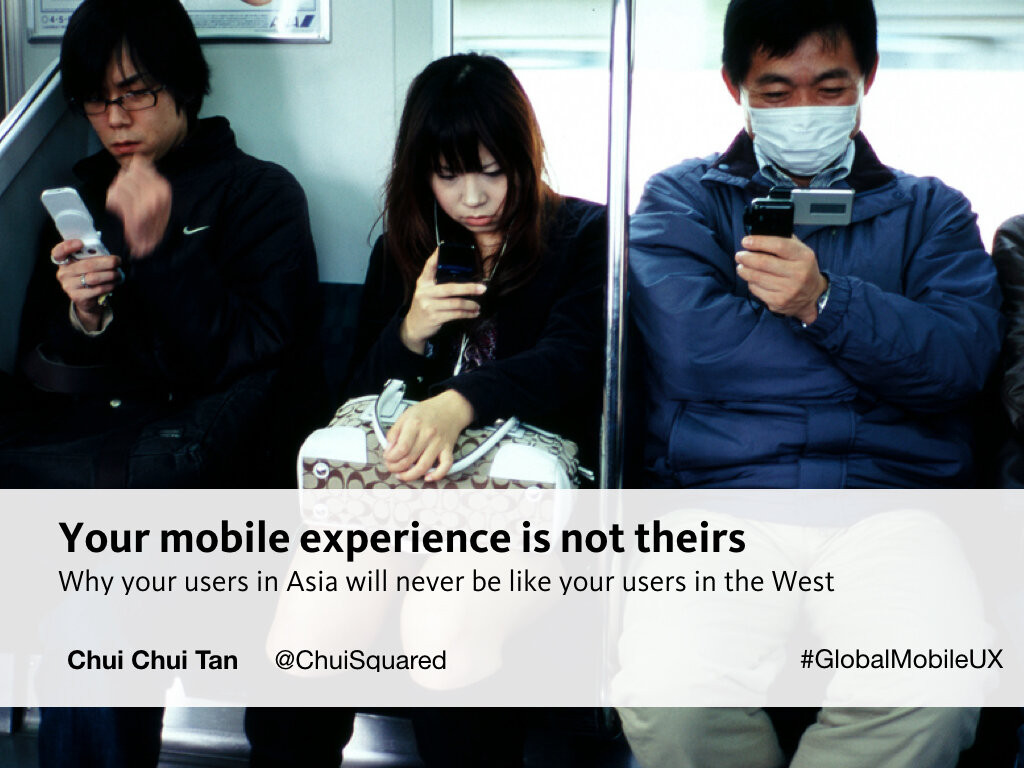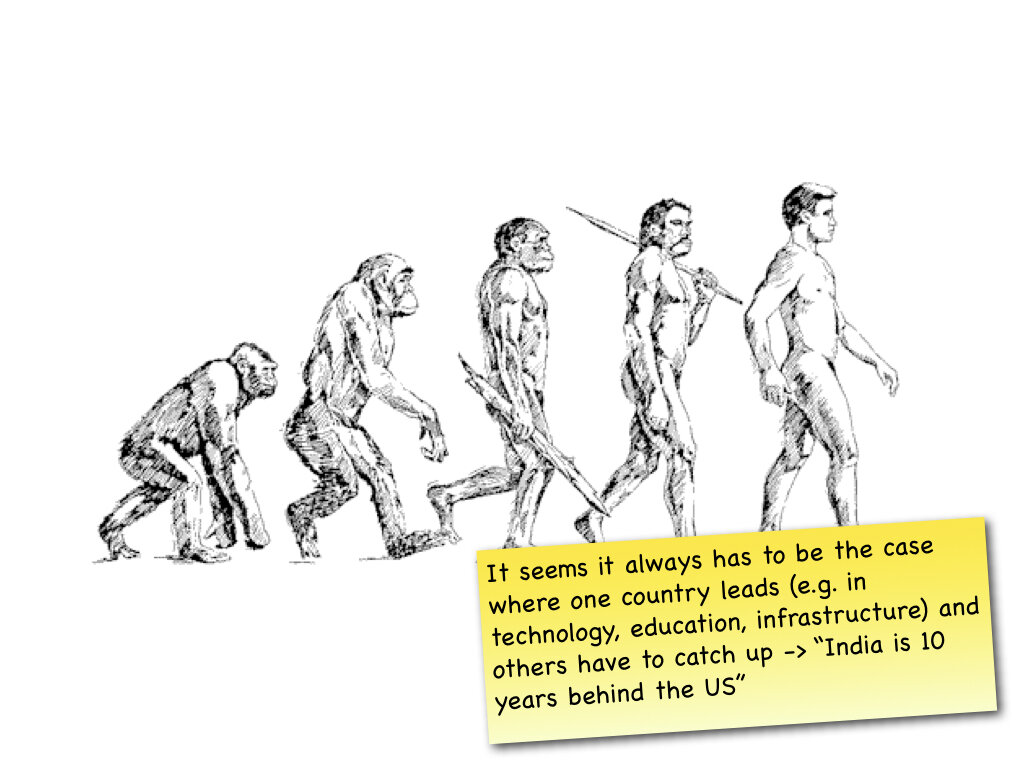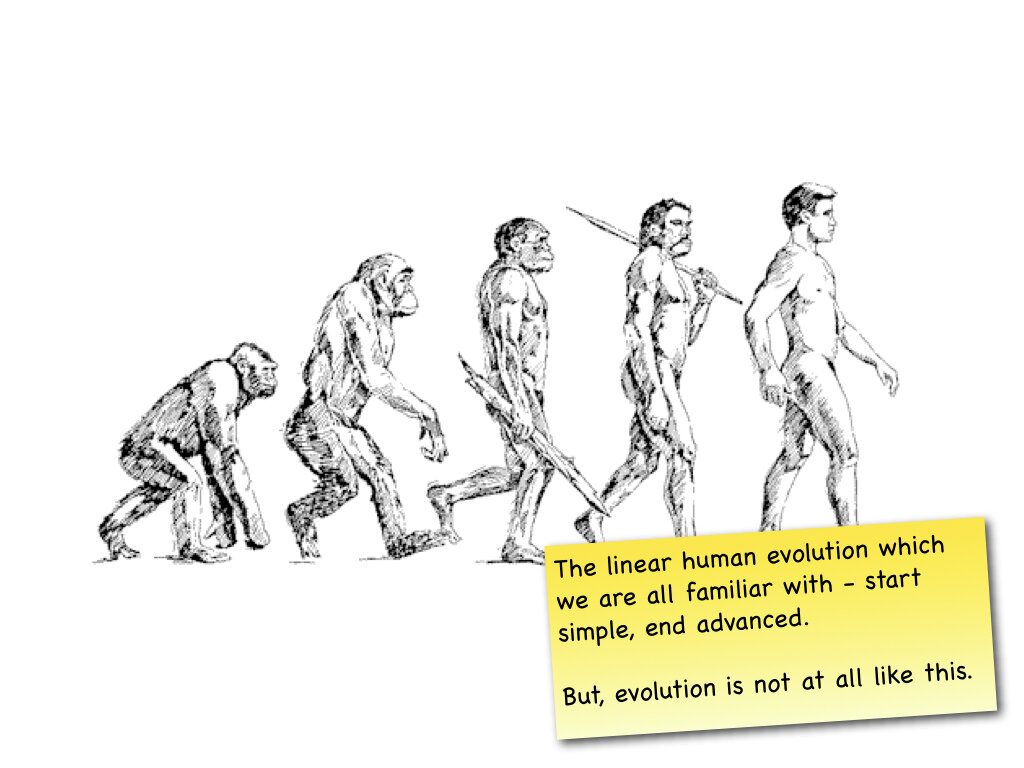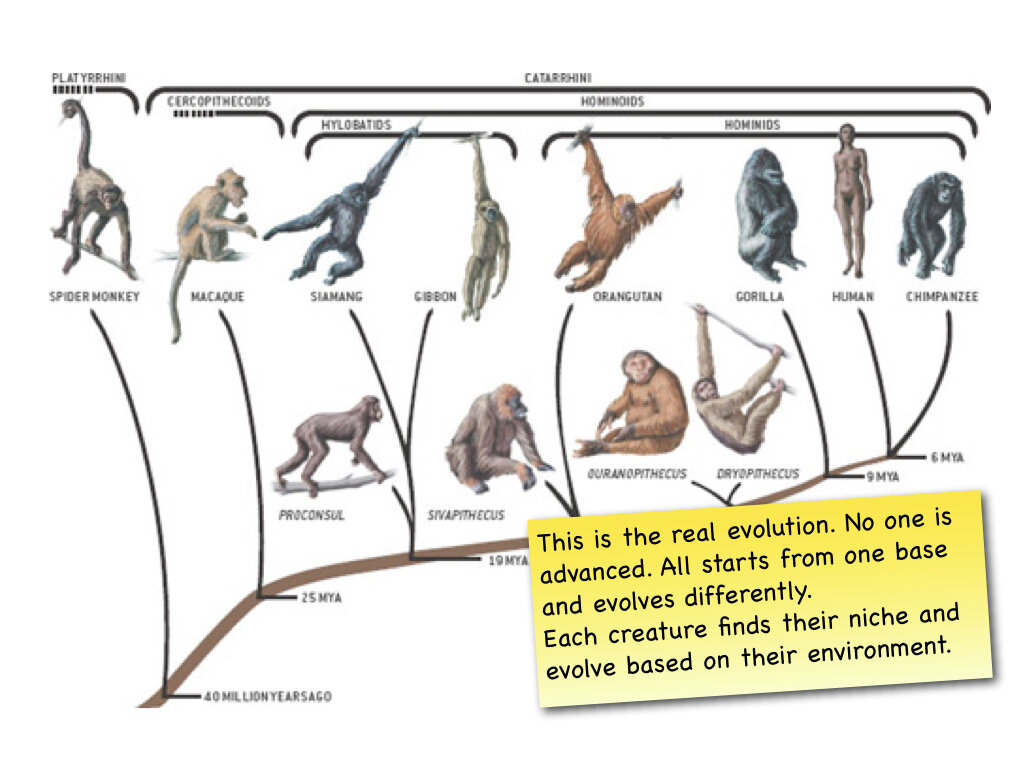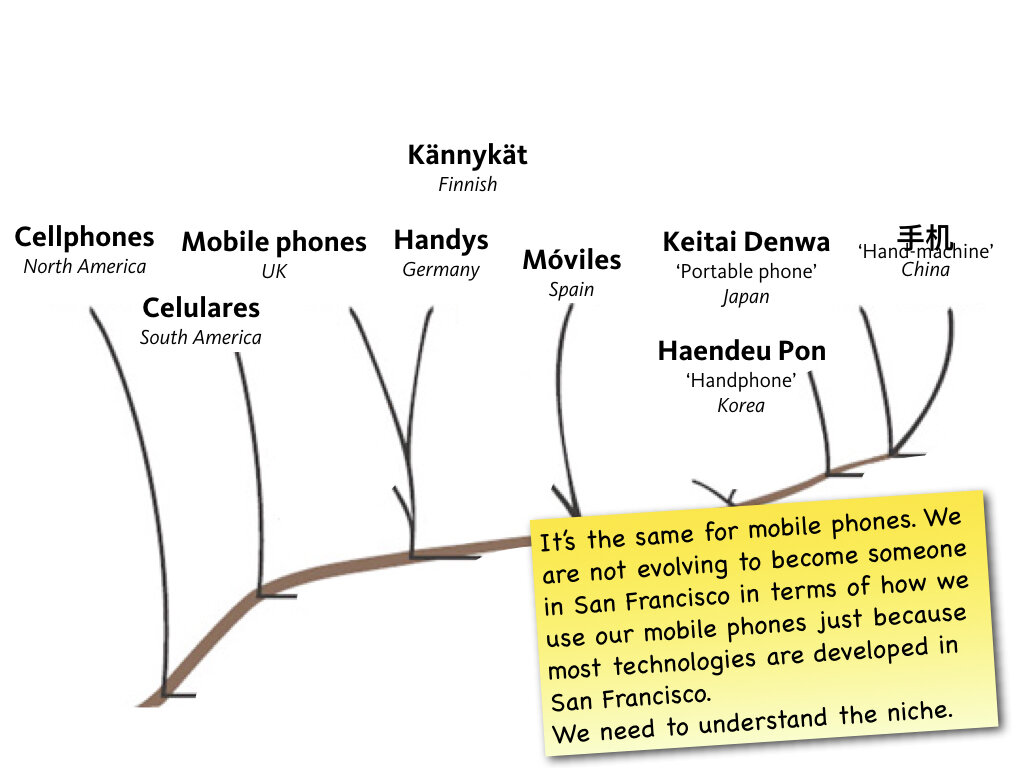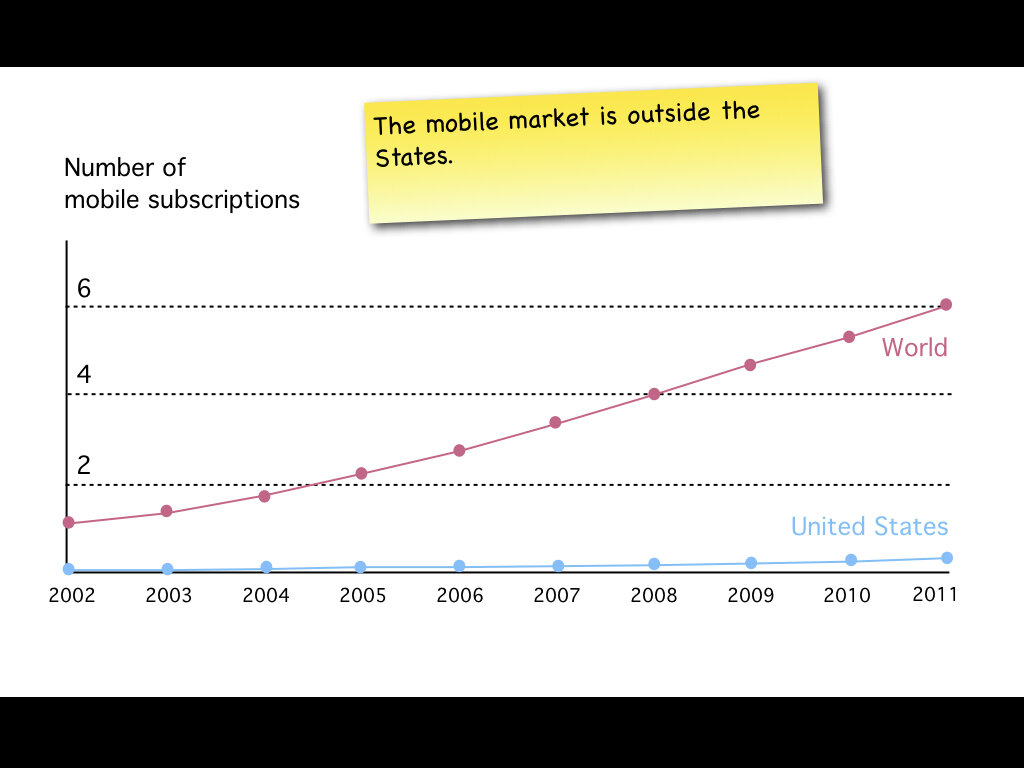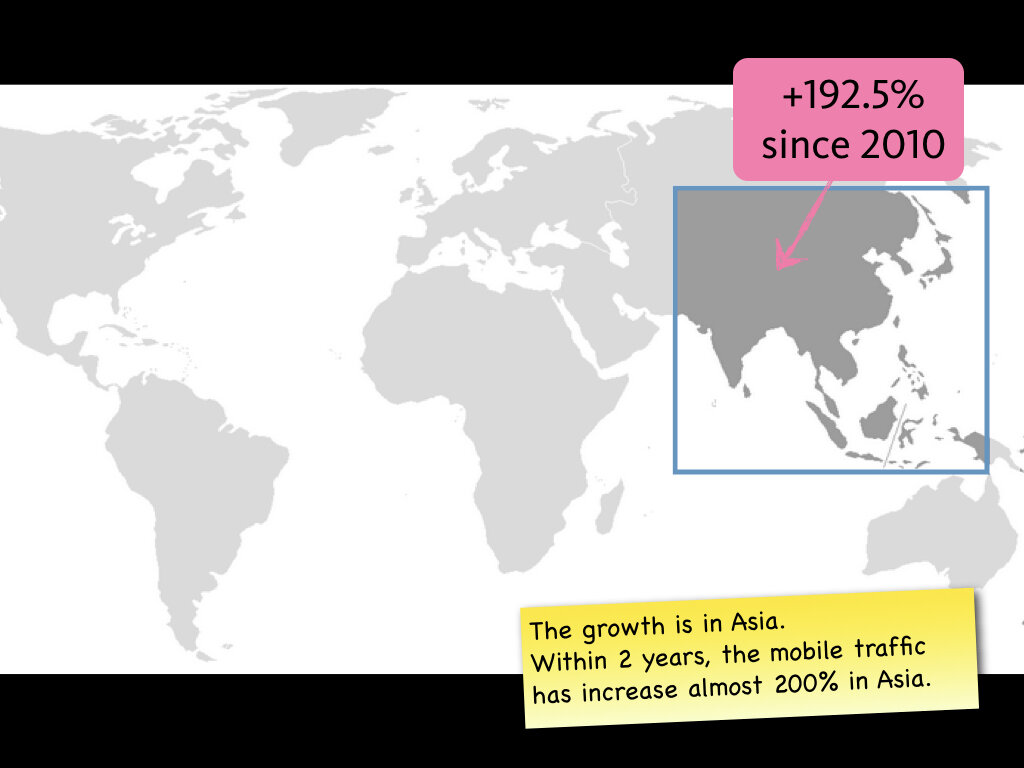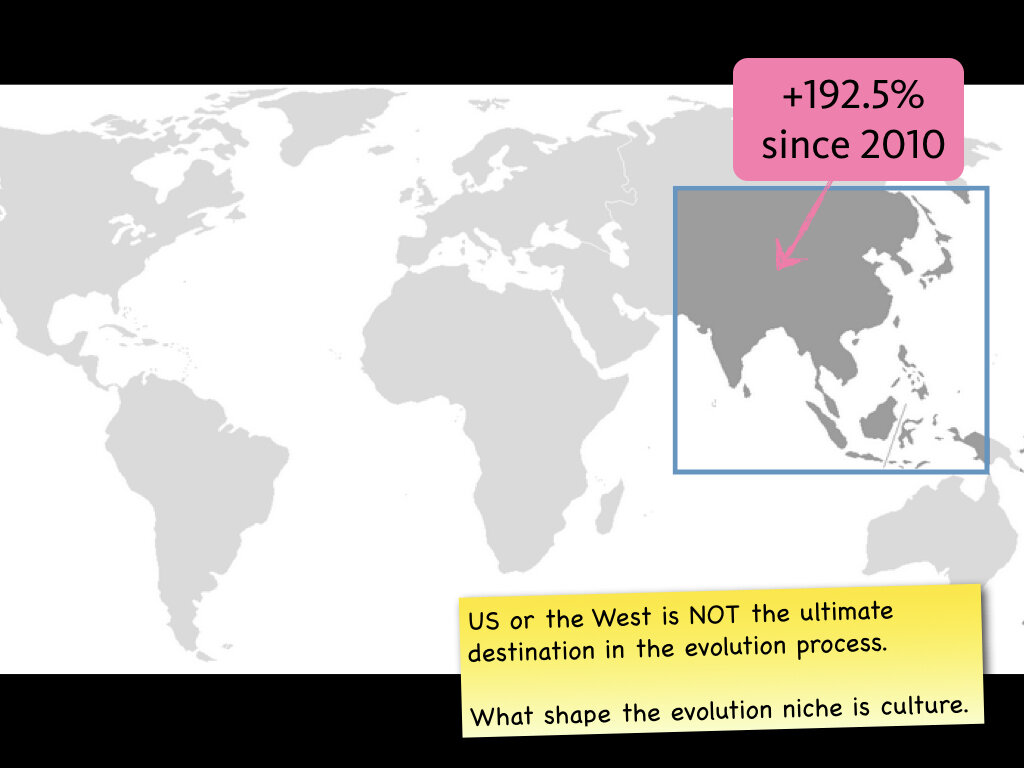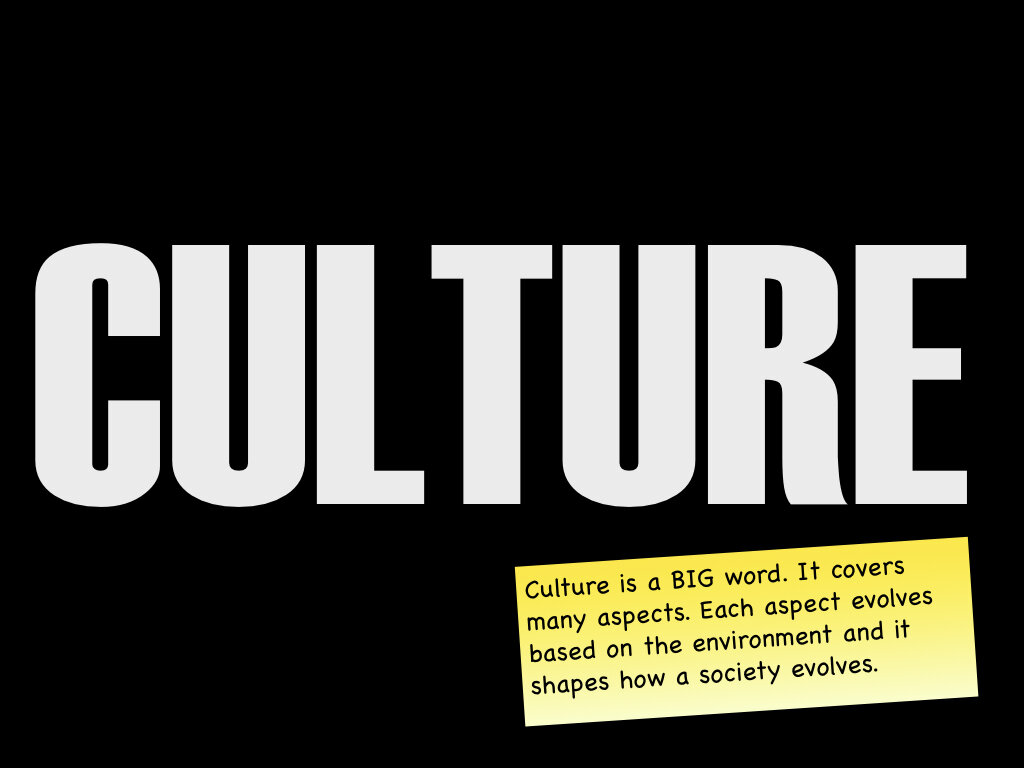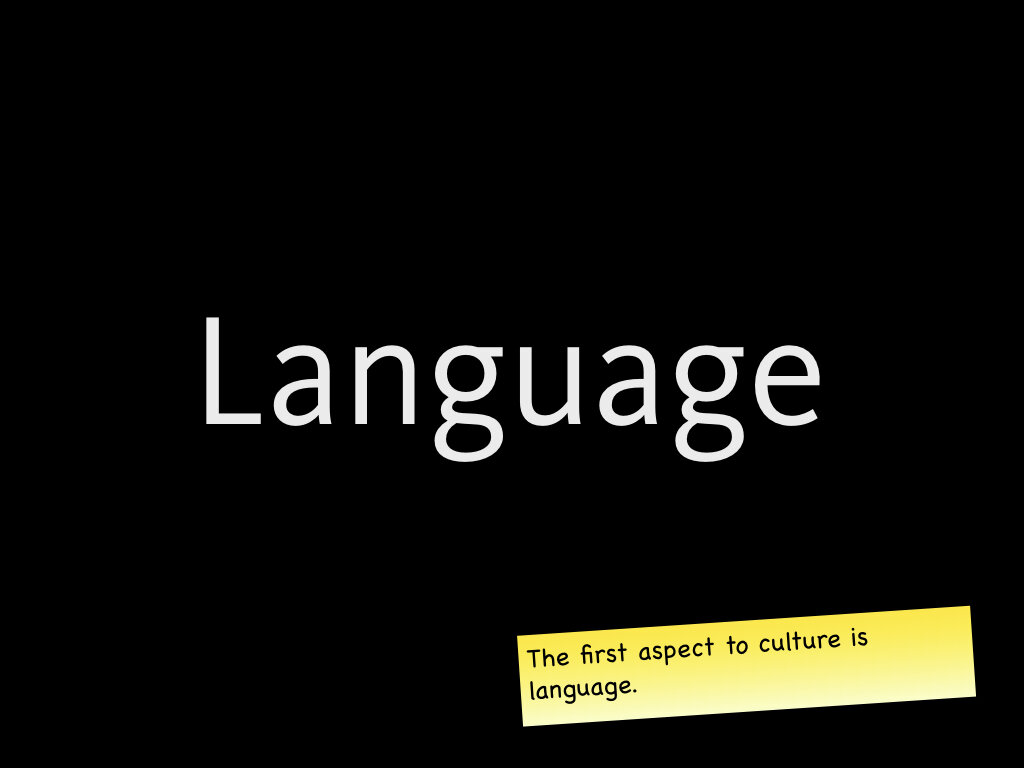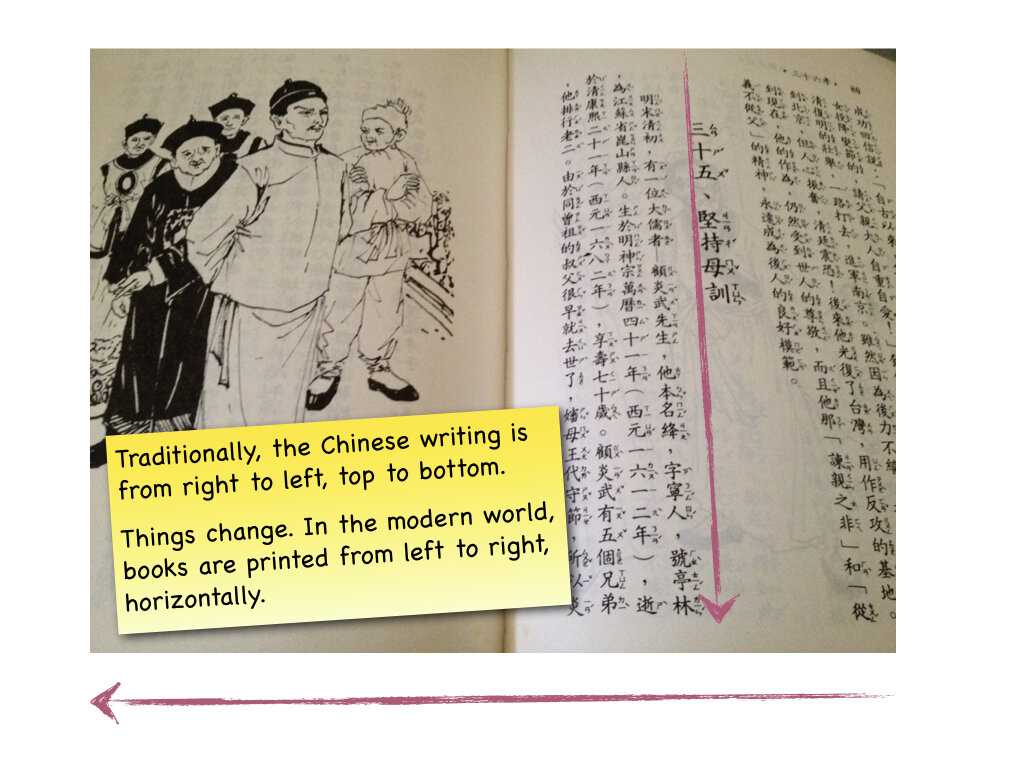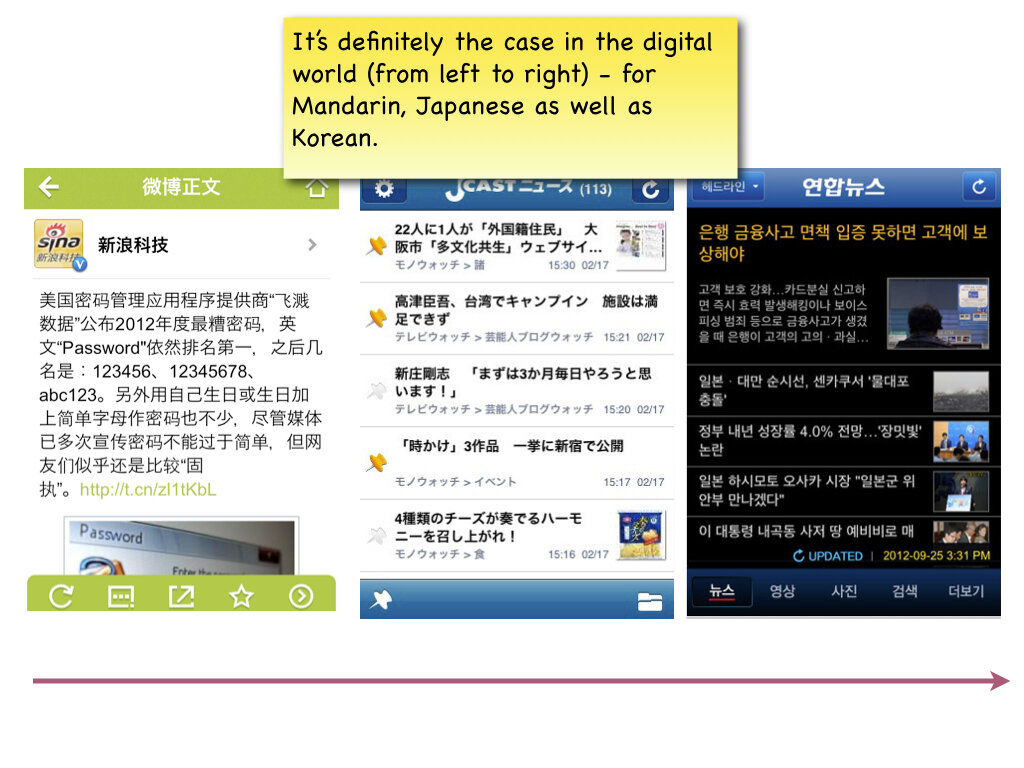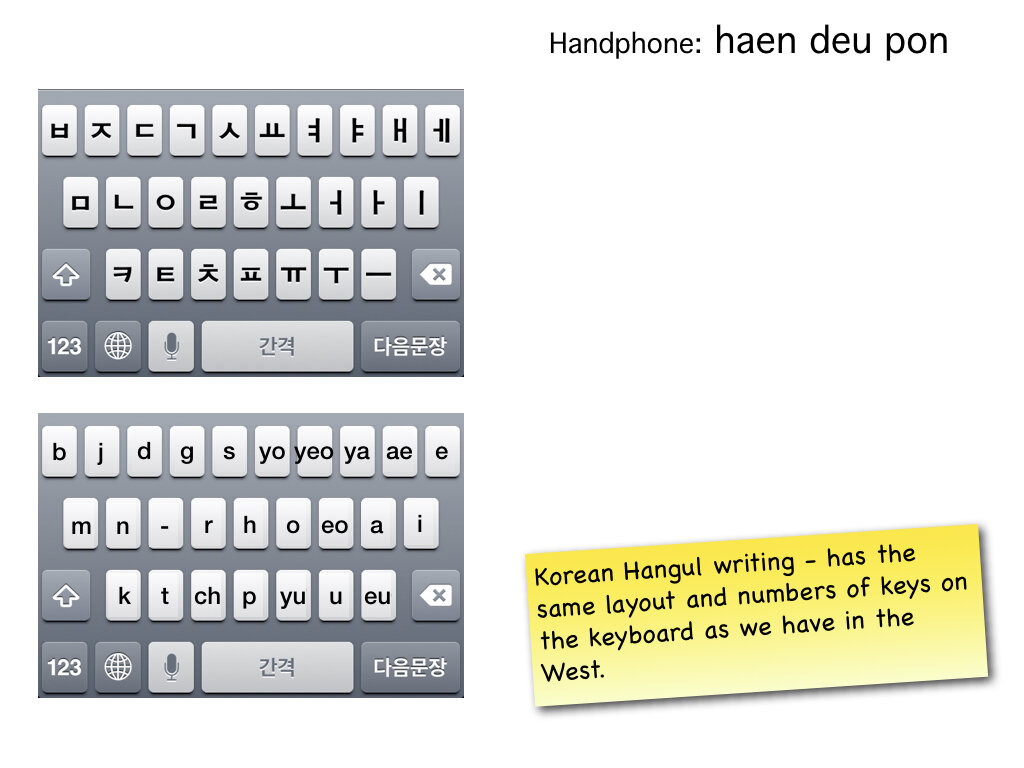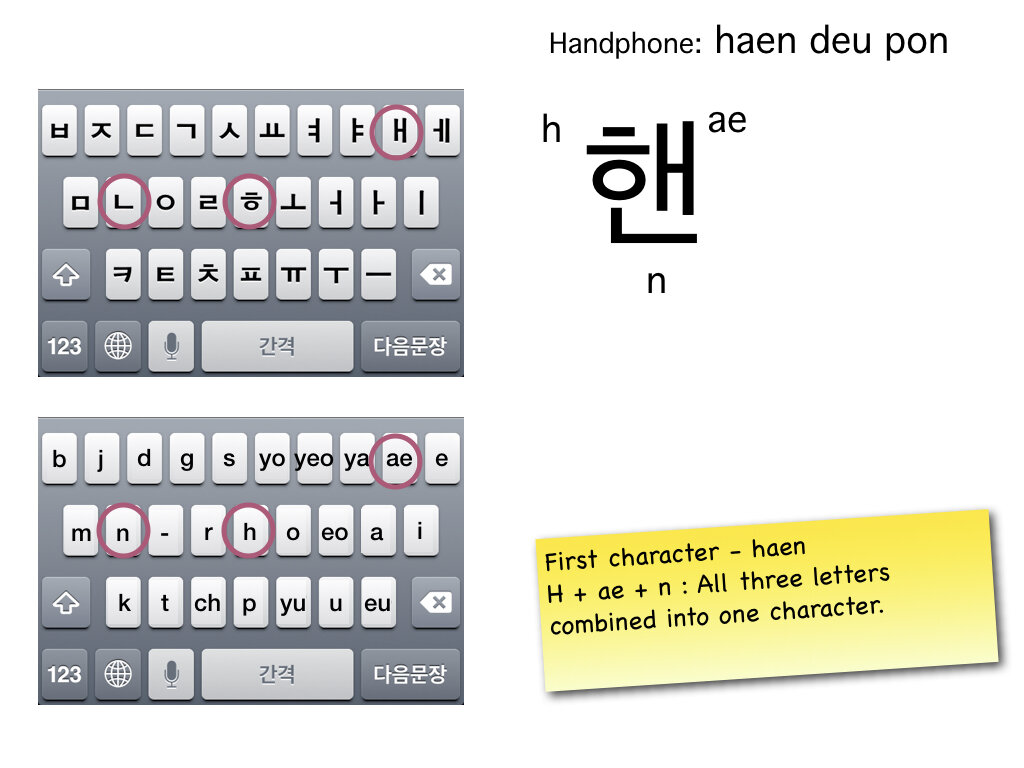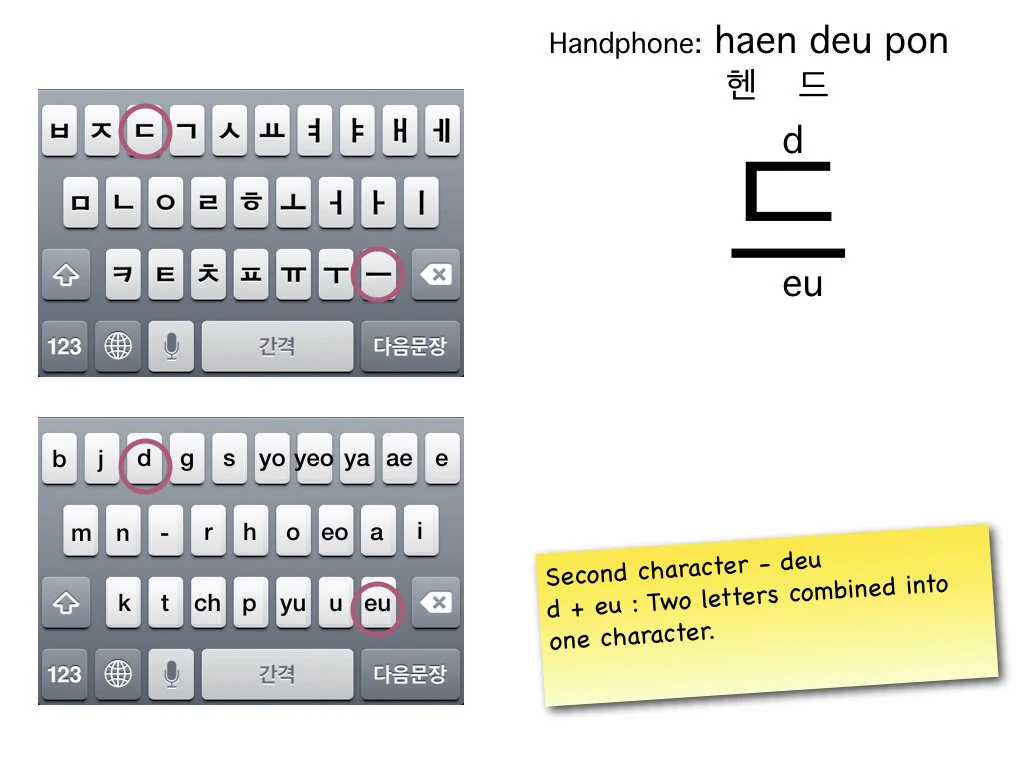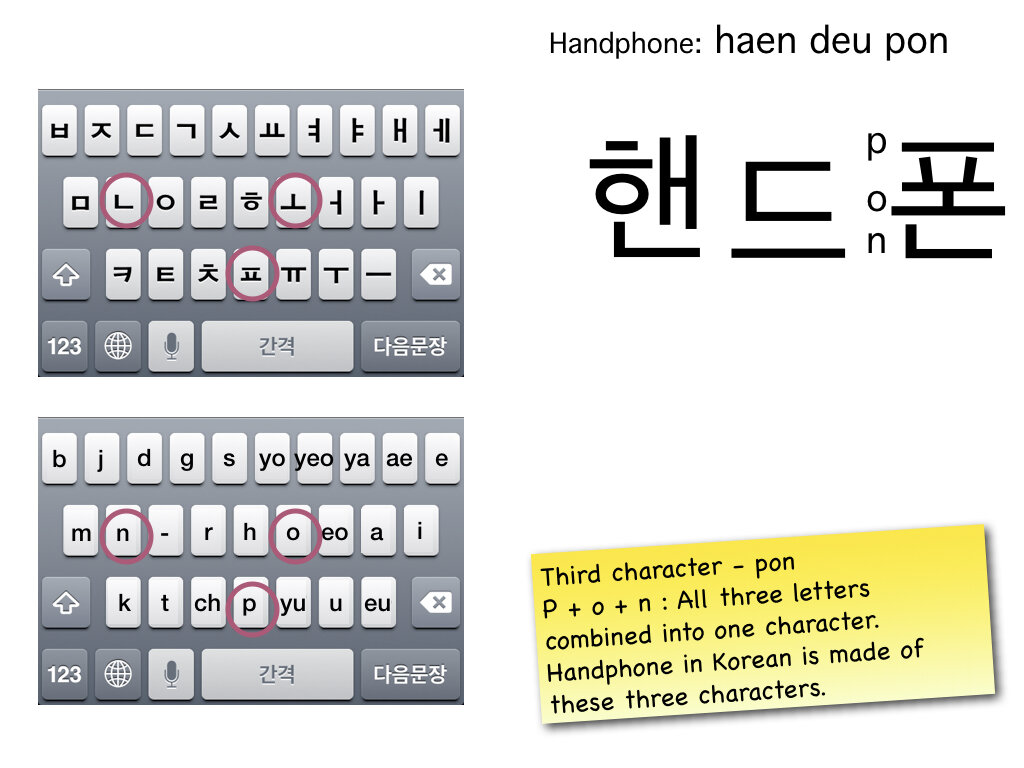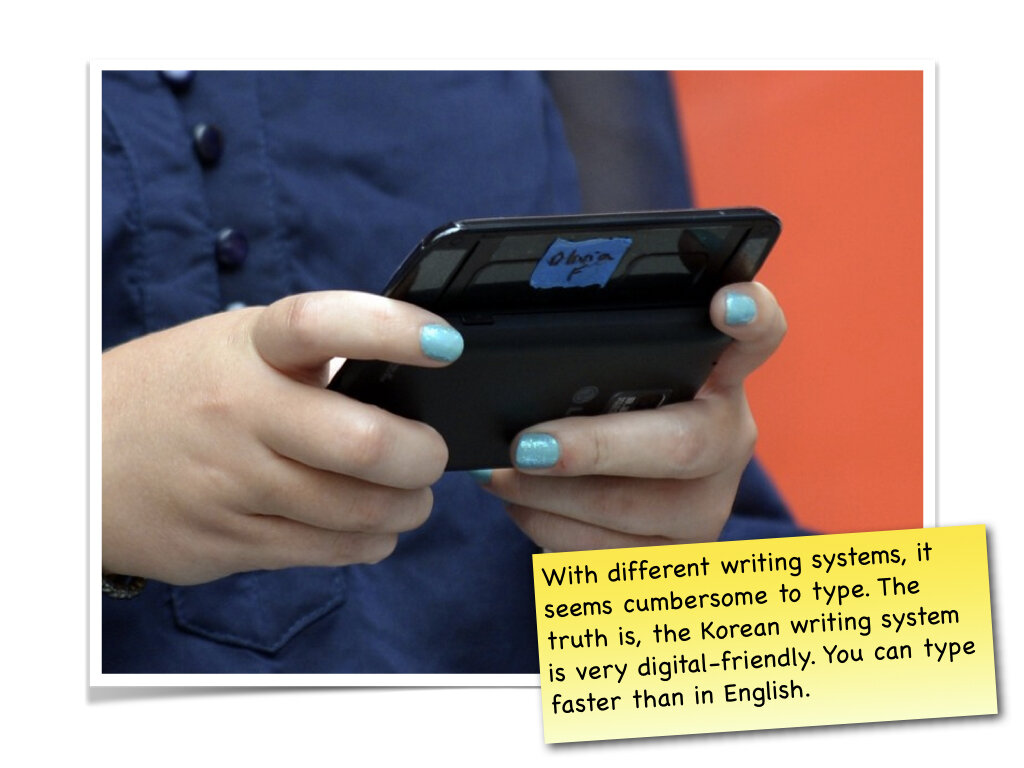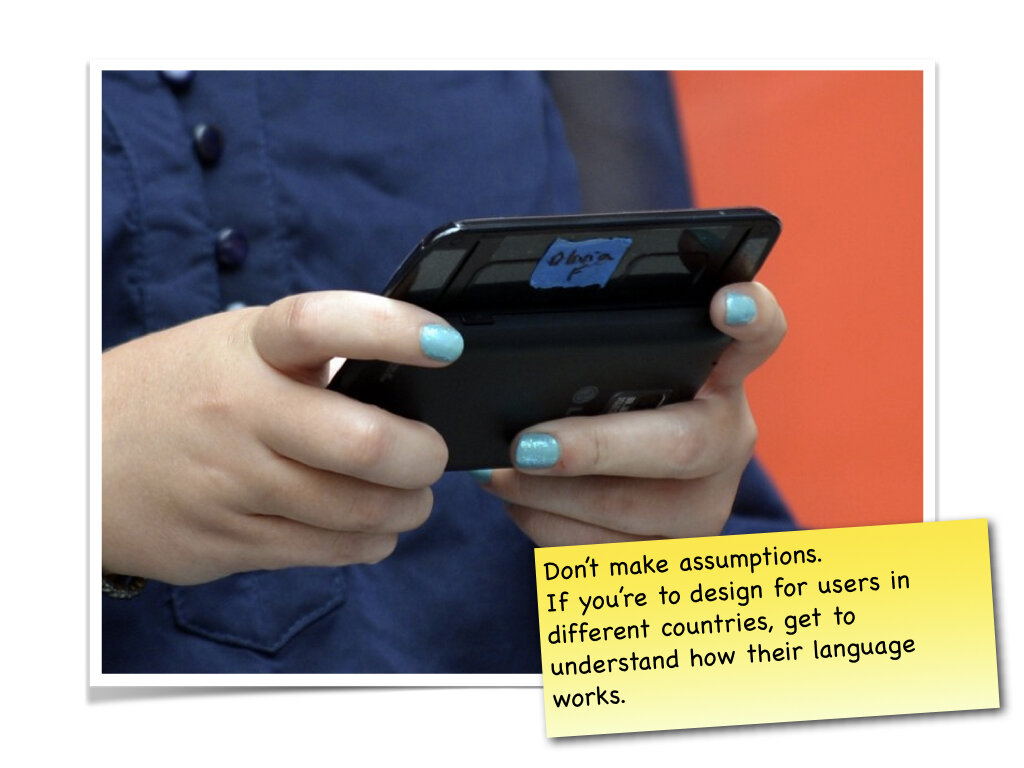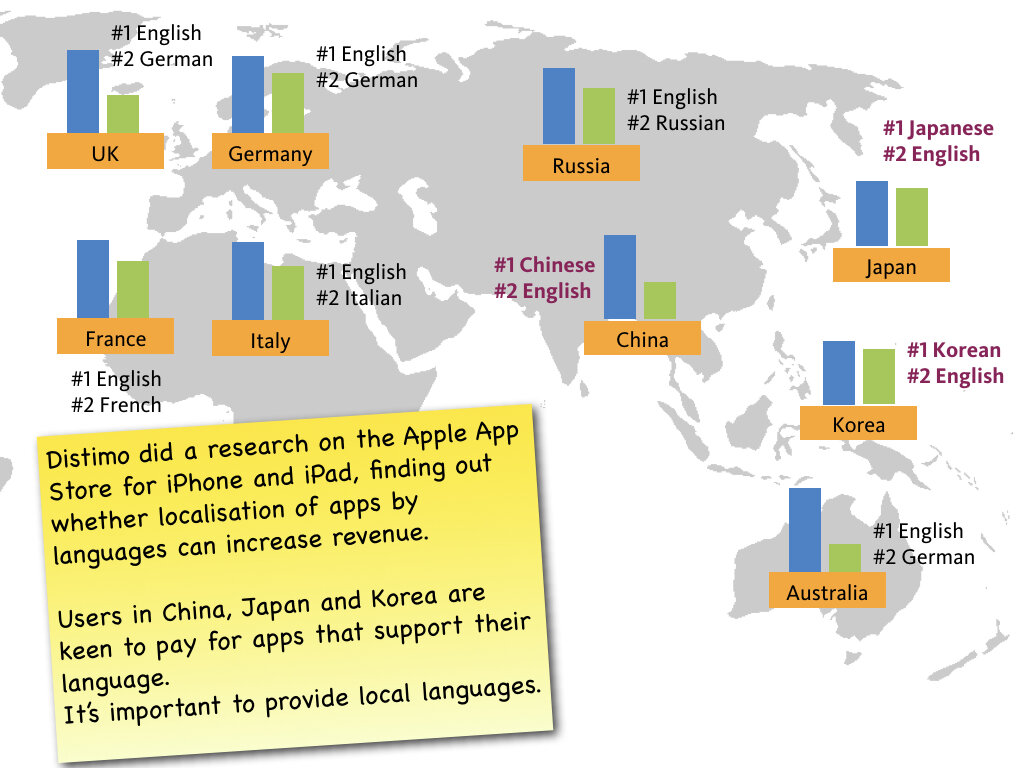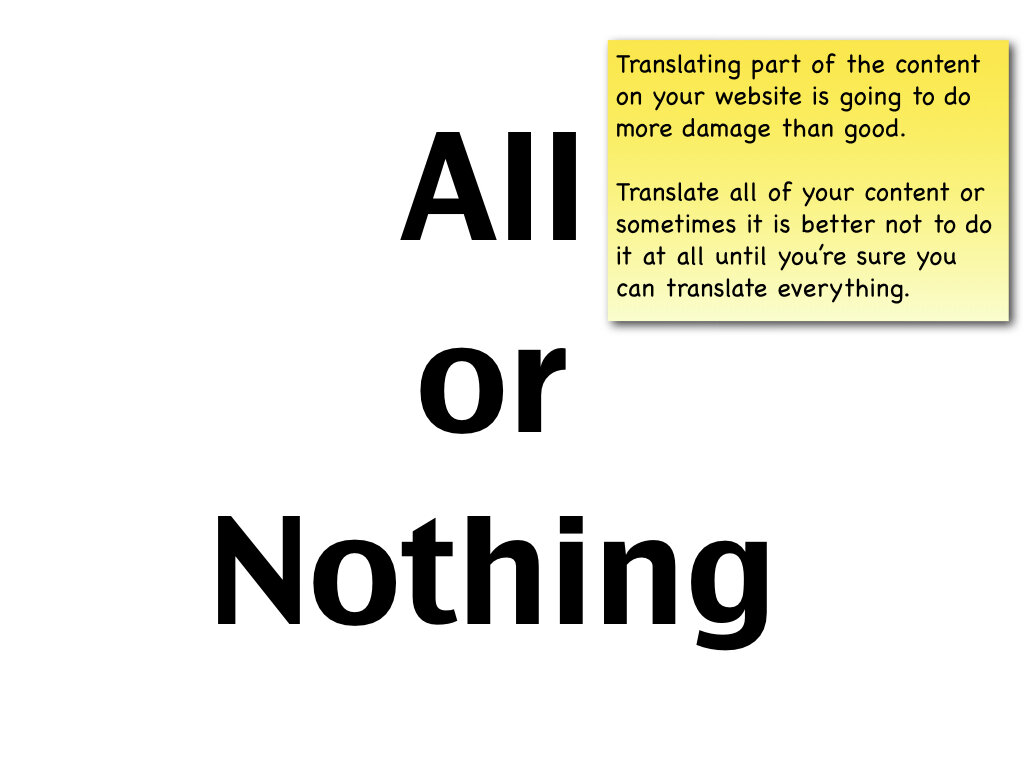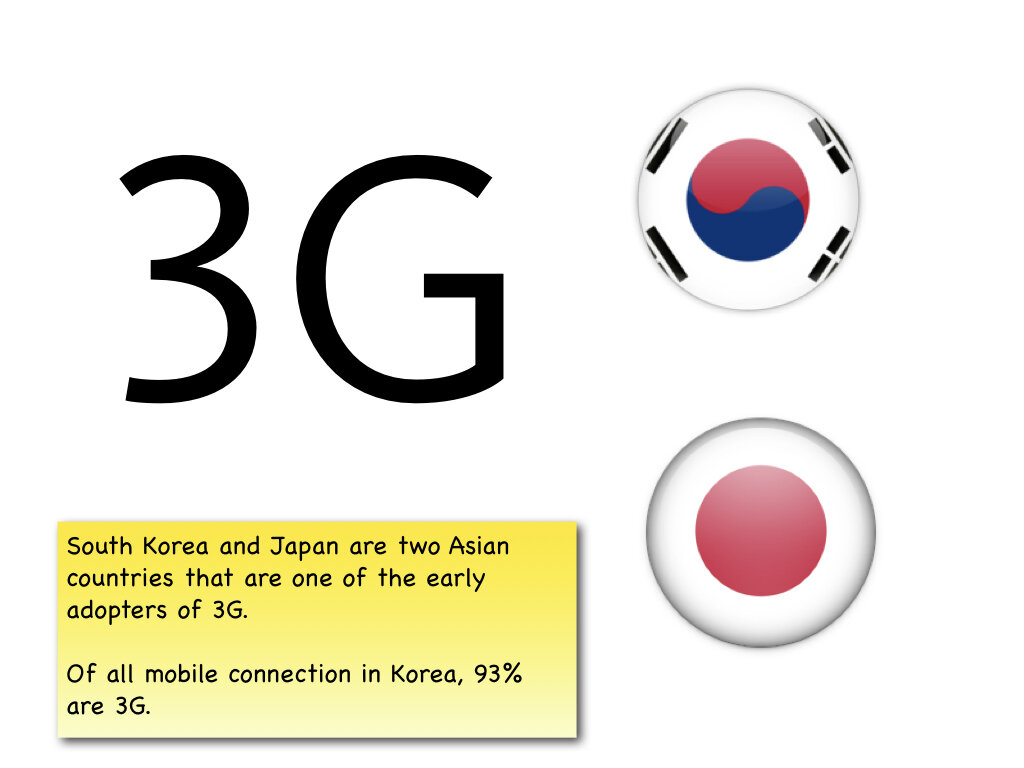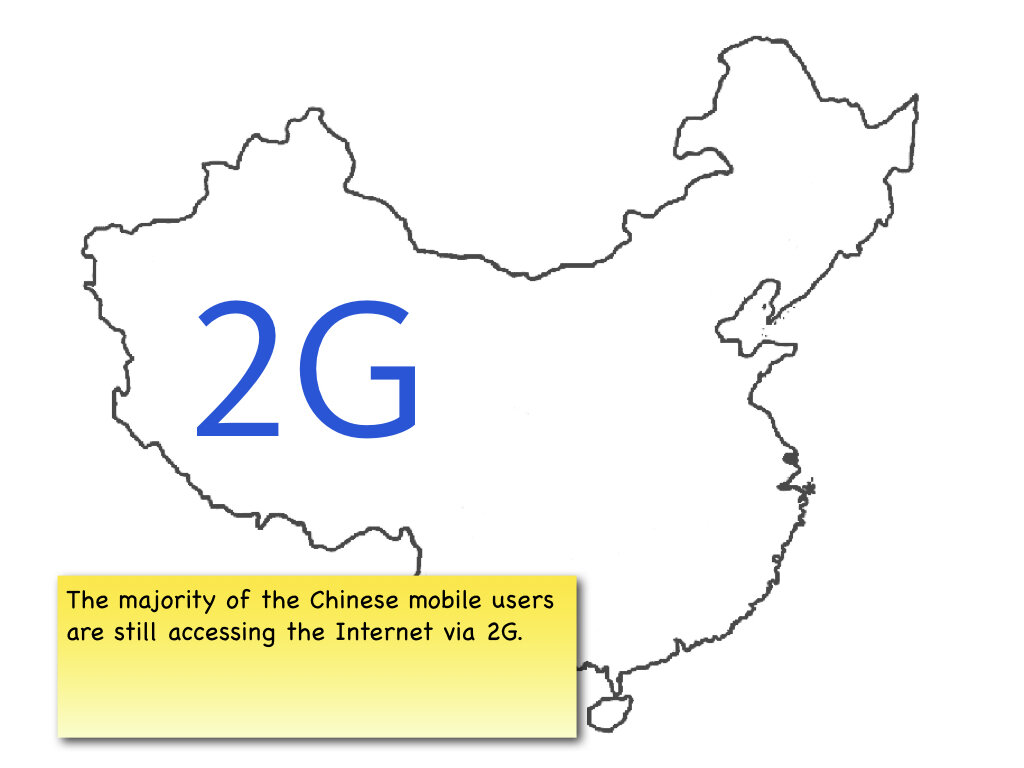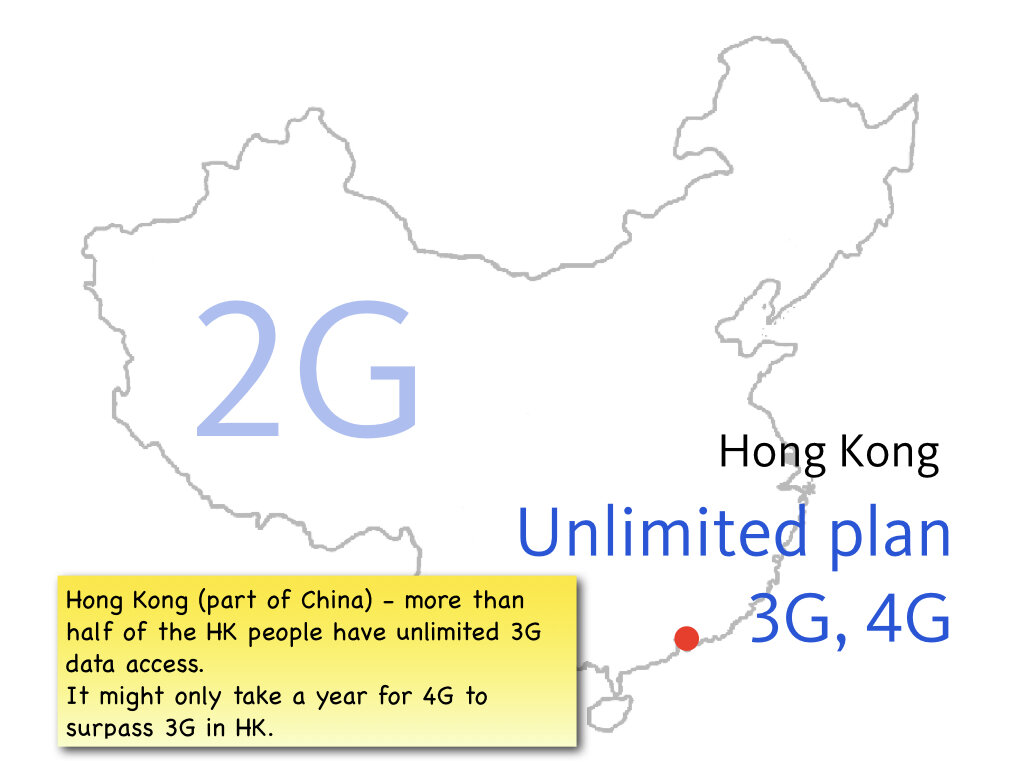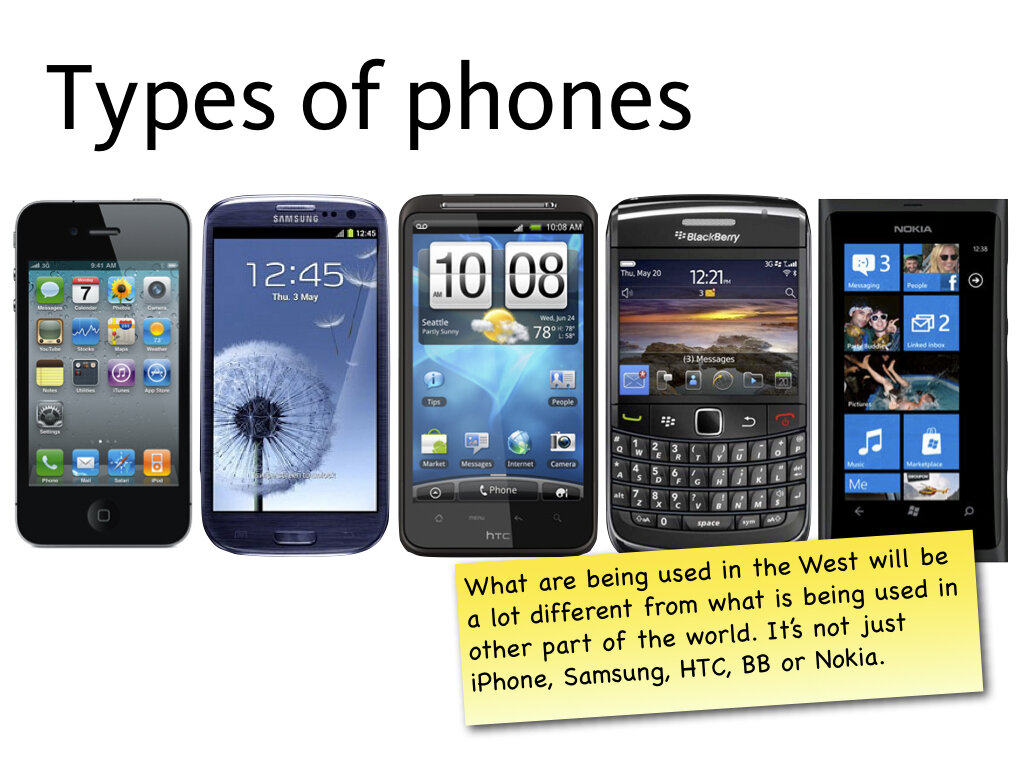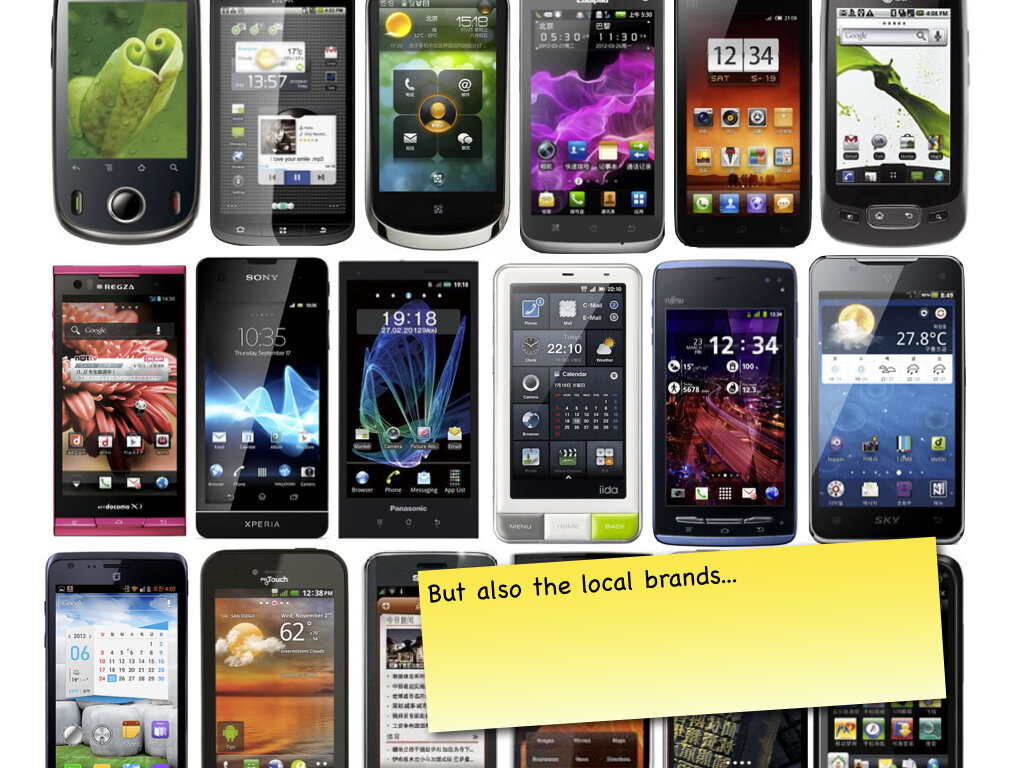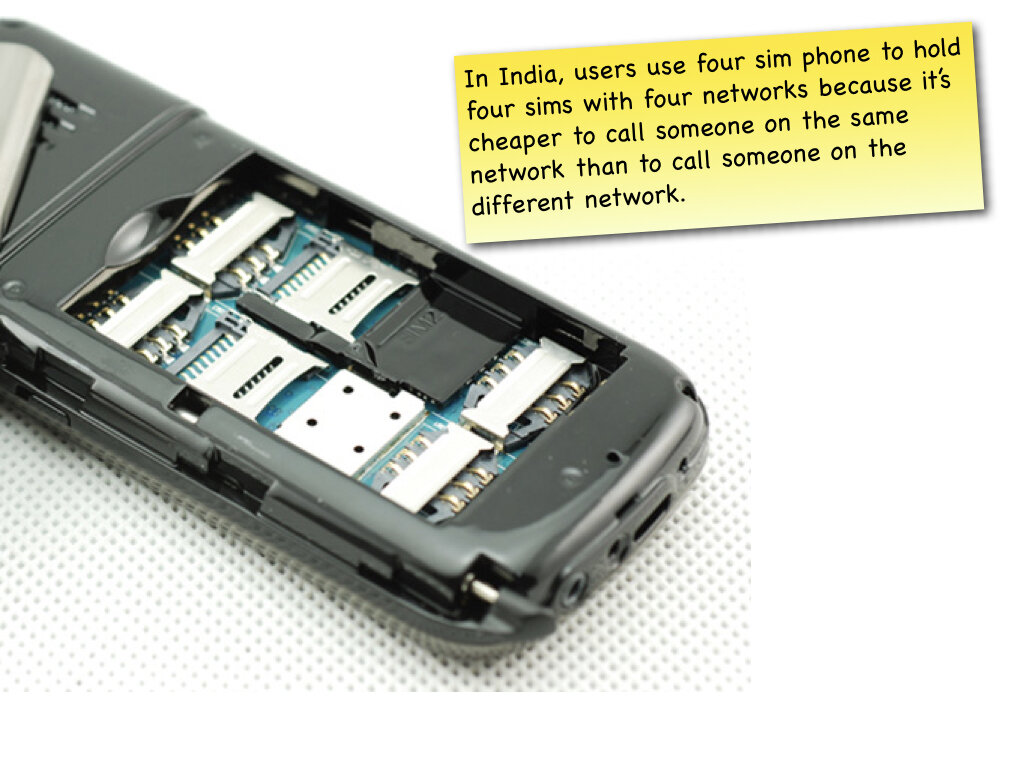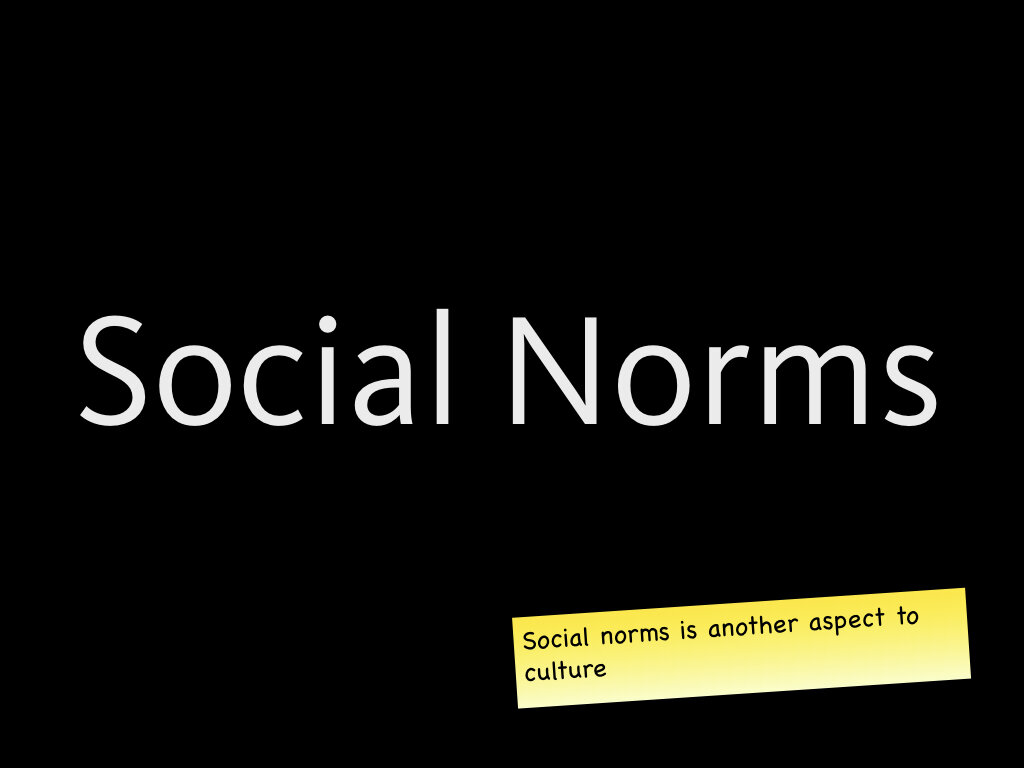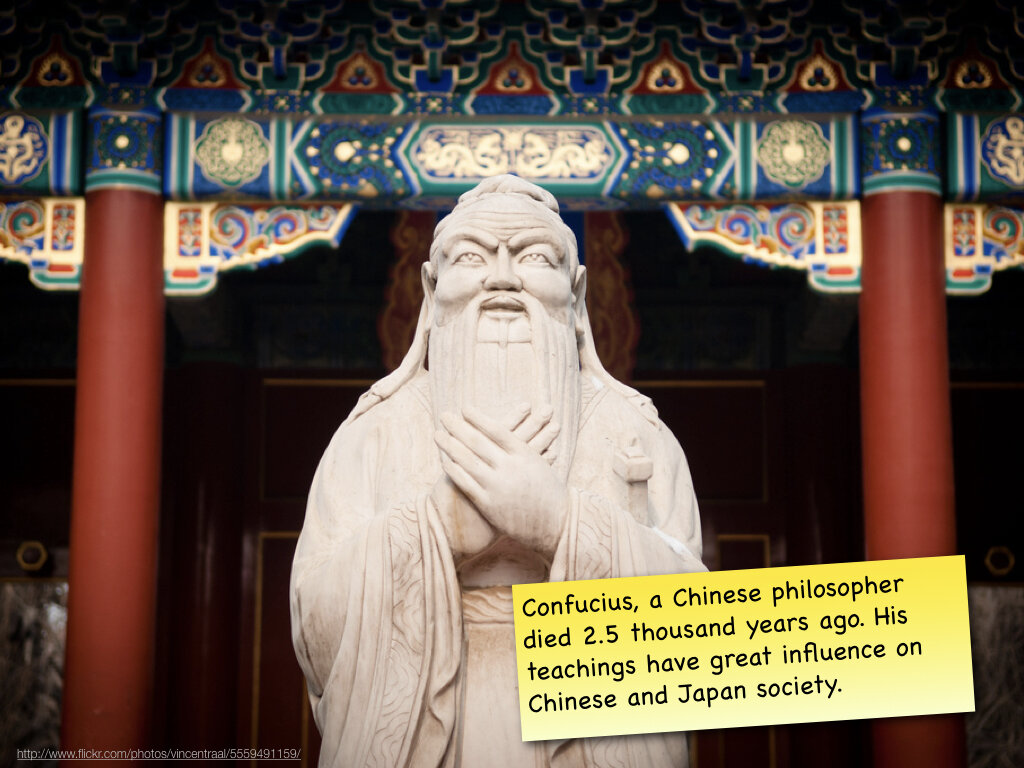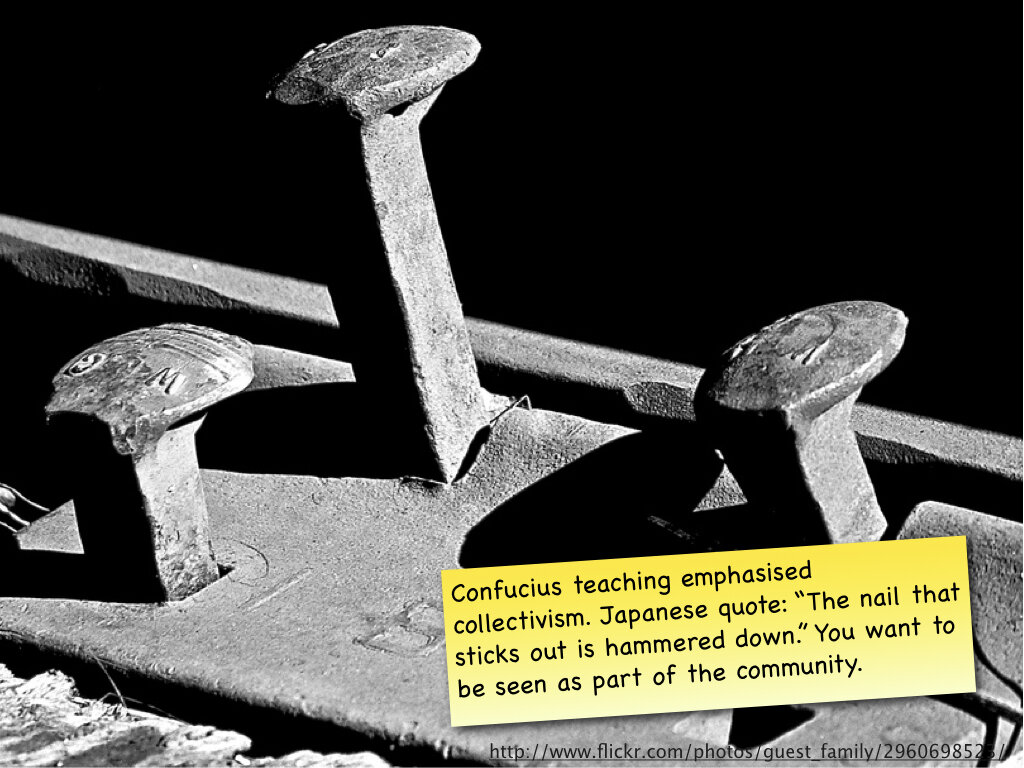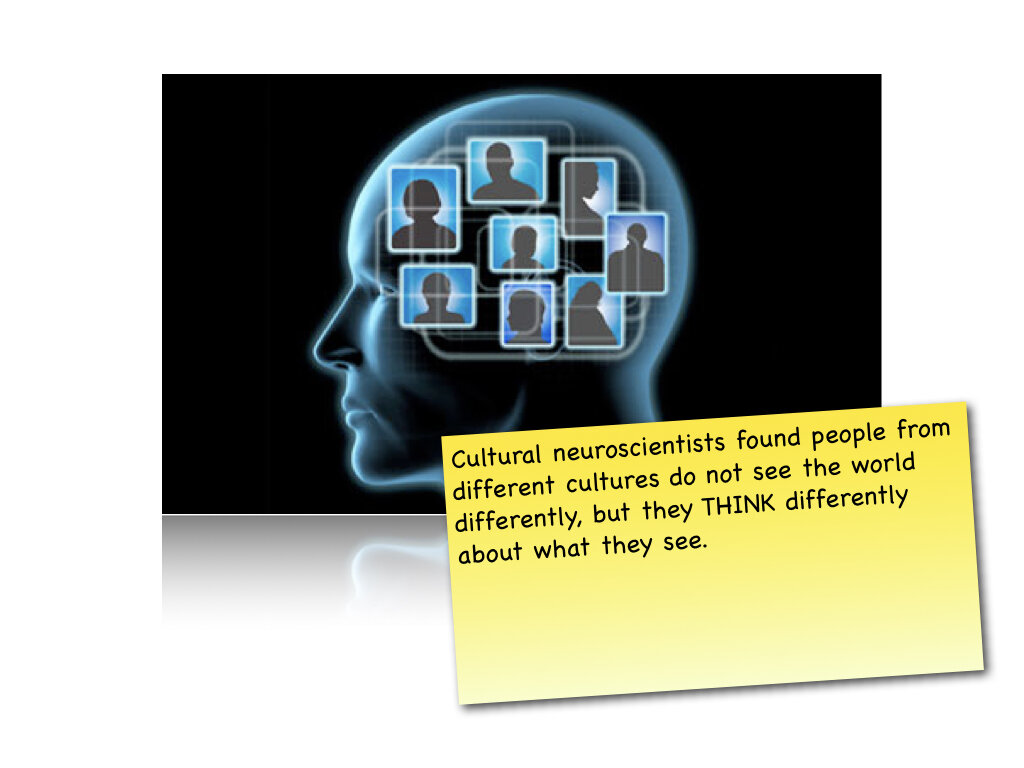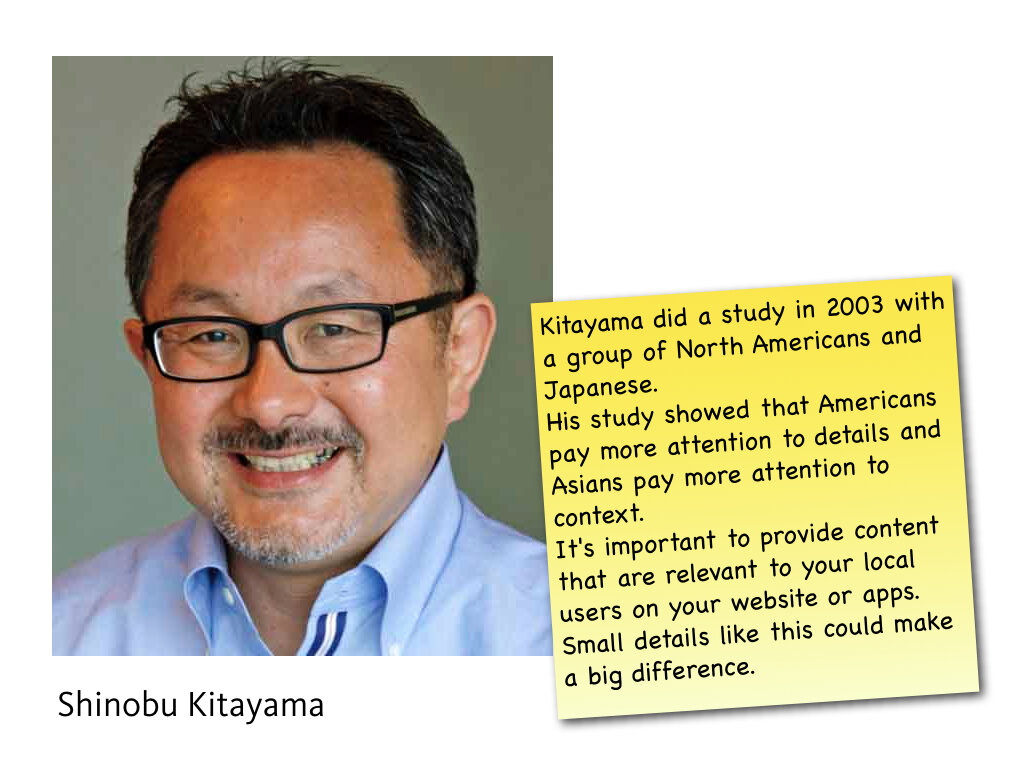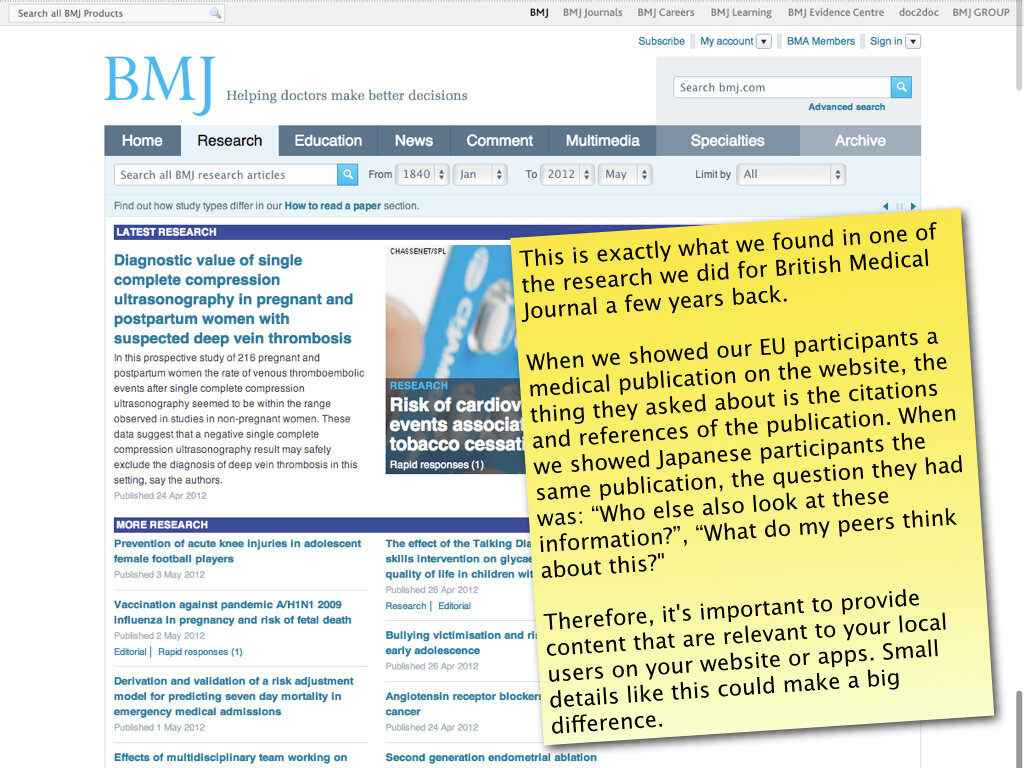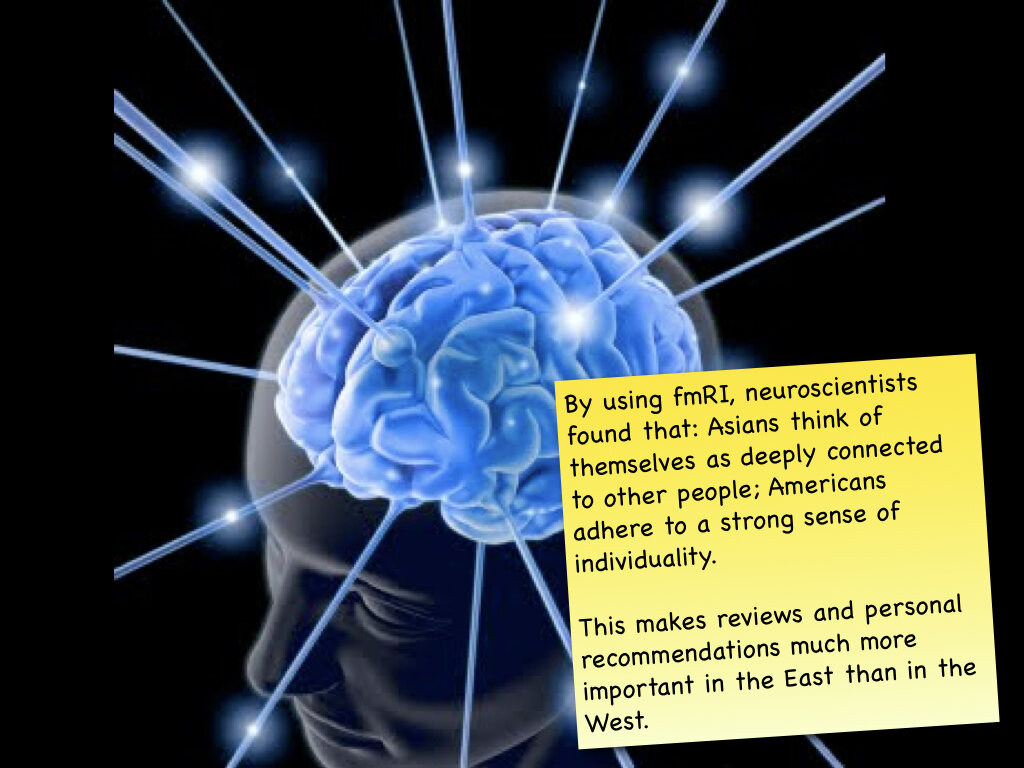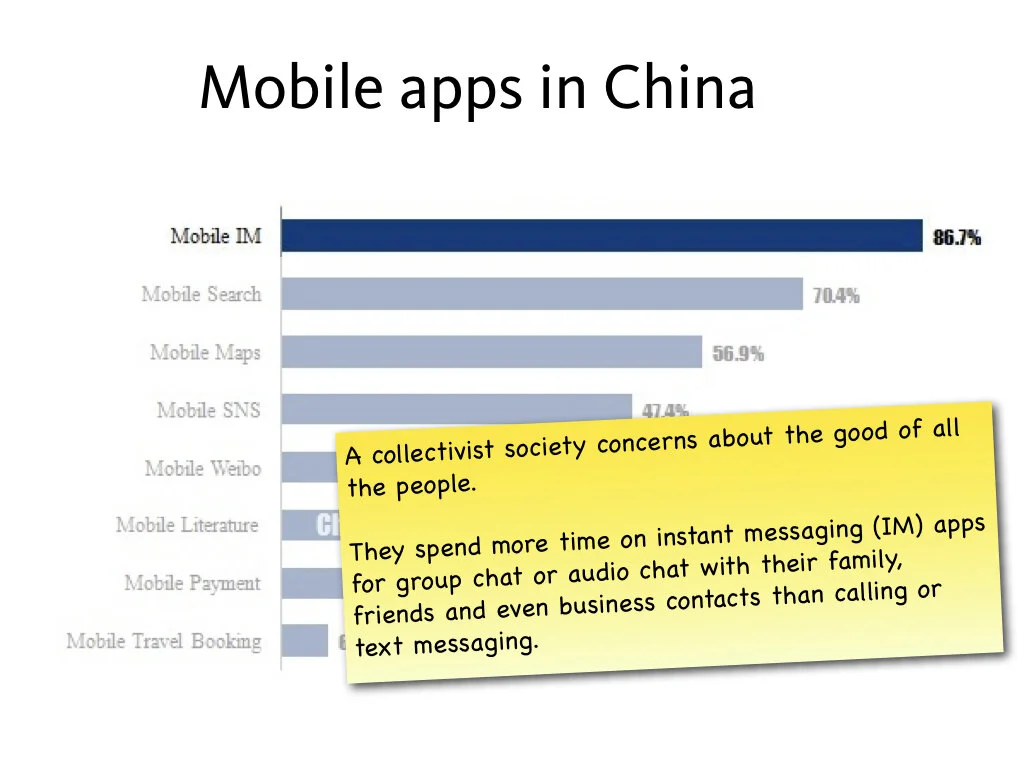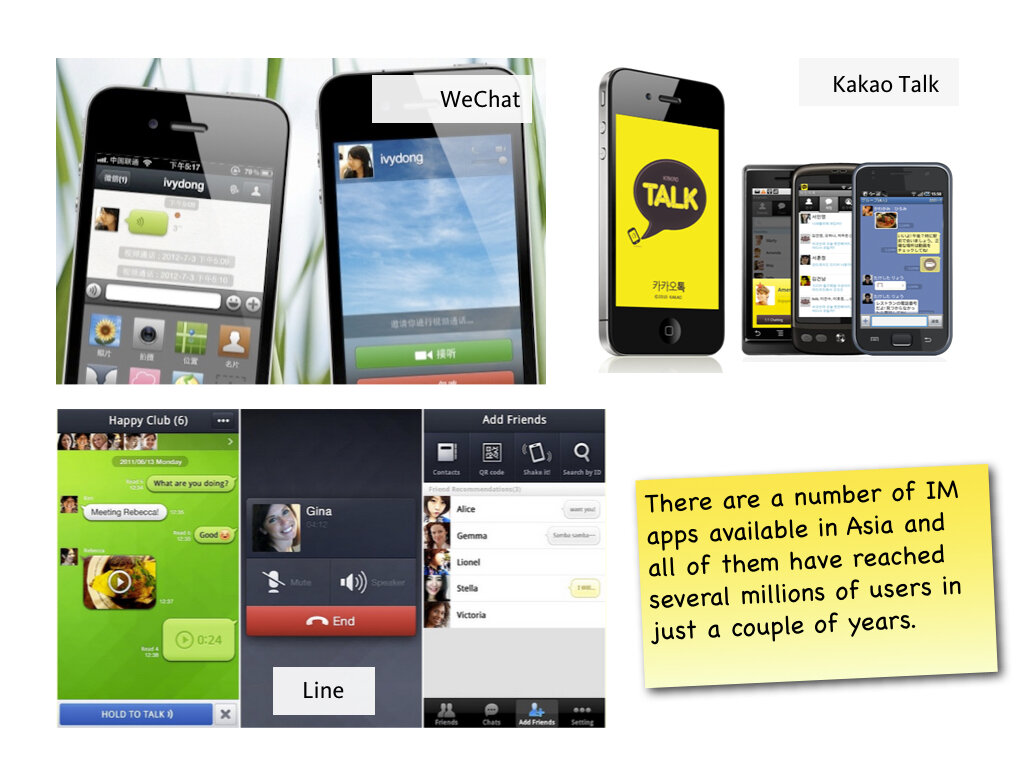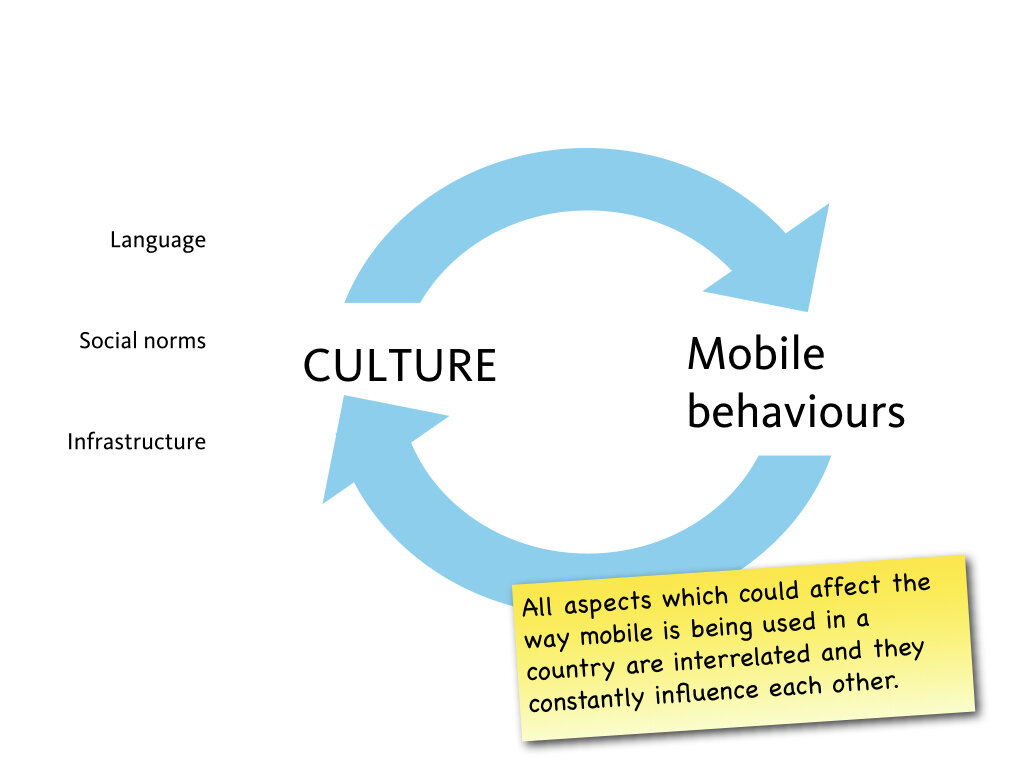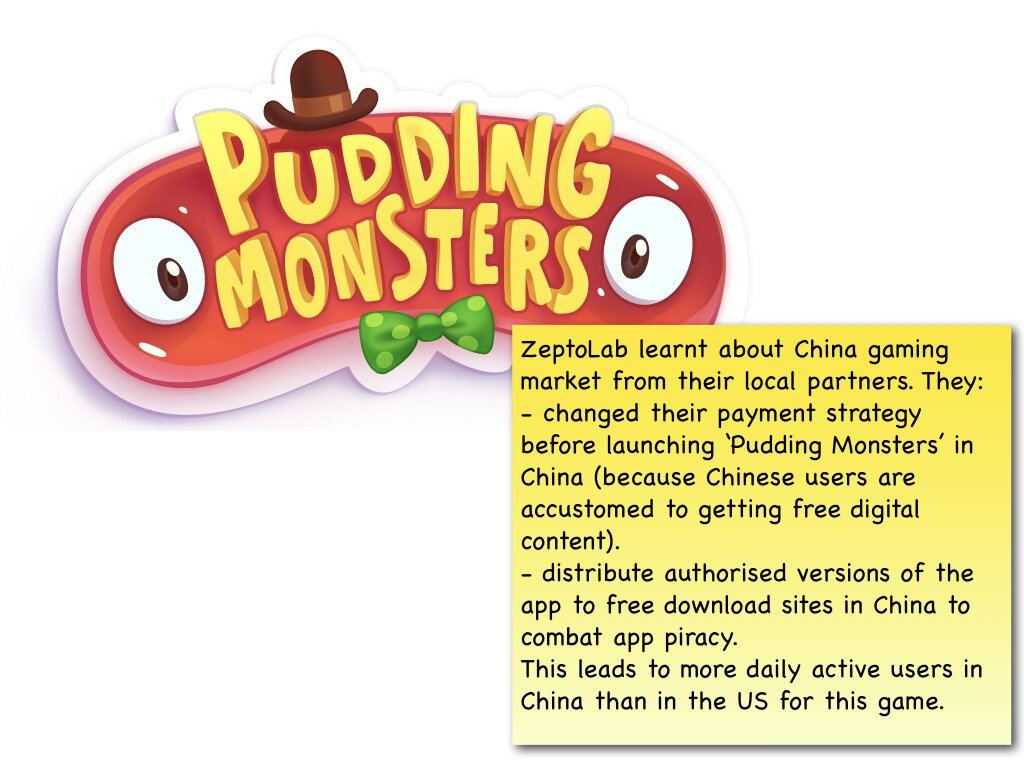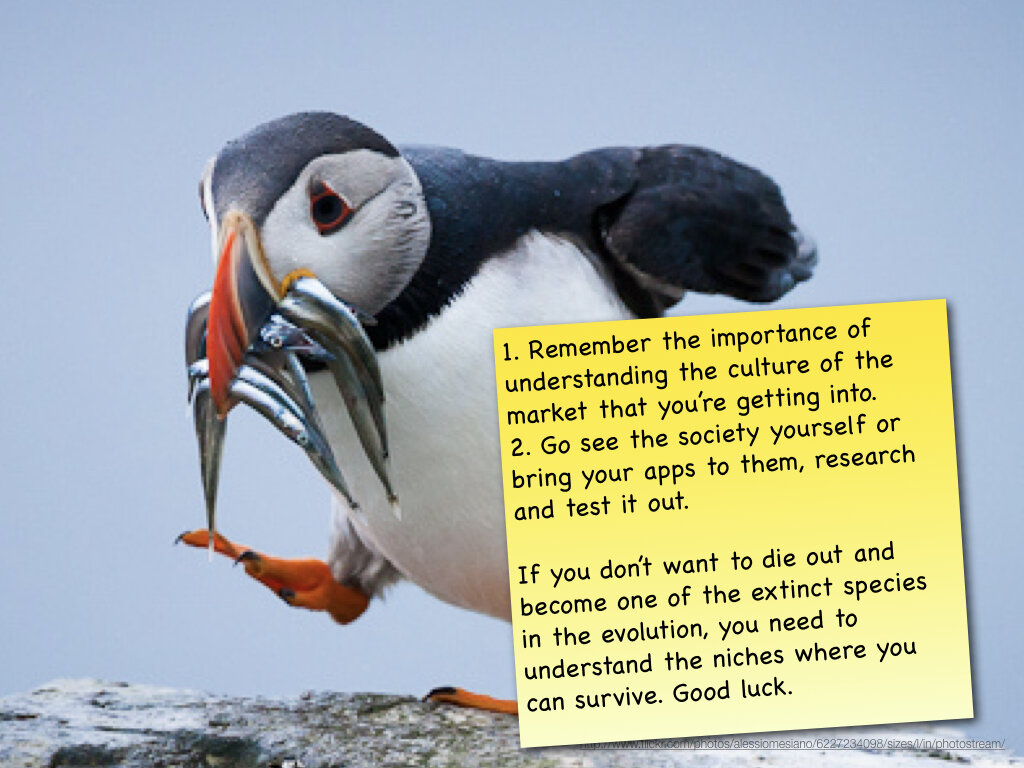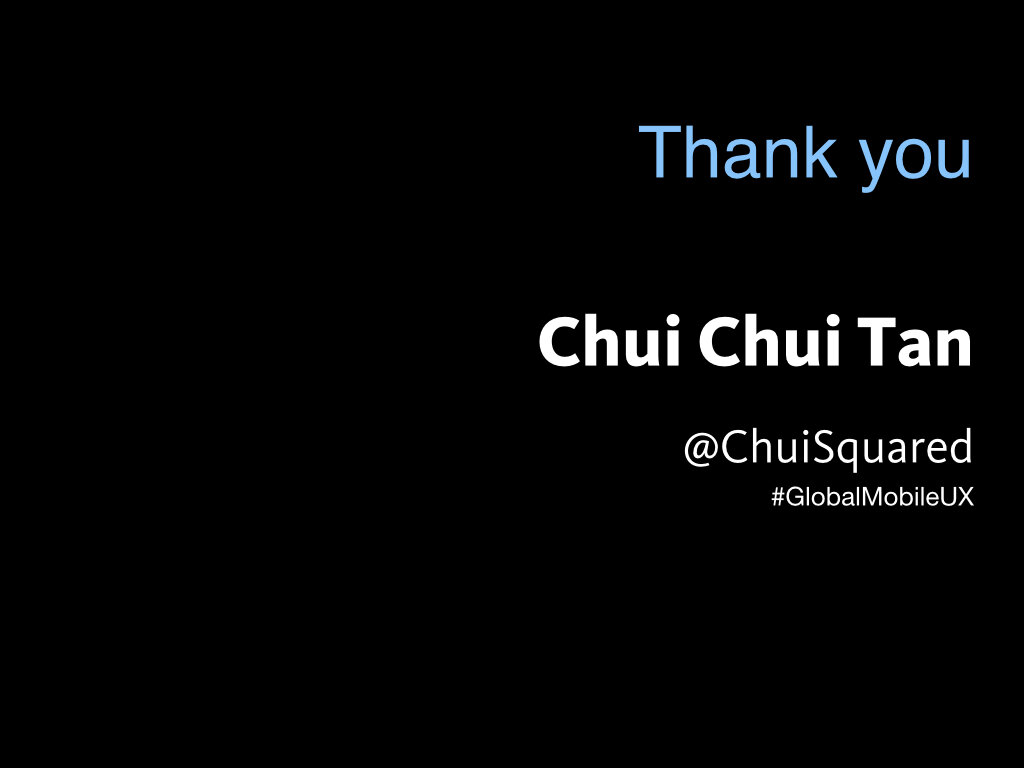Evolution: Why the mobile experience of your global users will never be the same?
In one of the talks I gave around 2012-2013 (the original slides with notes are available at the end of this article), I focused on why mobile experience will not be the same for people in one country to another.
In the talk, I demystify the misconception about the linear (or also known as transformational) evolution which is popularly known. The actual evolution is not and can’t be linear. Instead, Darwin’s theory of variational evolution through natural selection as an explanation for adaptation makes much more sense. The concept was simple, powerful and relevant: Individuals best adapted to their environments are more likely to survive and reproduce.
For example, biological features a specifies had in common might drift apart when their environments are significantly different. The classic example is the beaks of Darwin’s finches - different beak variants were seen on different islands. Each related to eating the different available food sources. In summary, each finds their niche and evolve accordingly.
This talk (below) use the same analogy to demonstrate the evolution of how mobile phones are used in different countries.
The same analogy is also applicable to payment methods used in each country or region as I talked about in this article (Evolution Vs Strategies: A new way of looking at Global Payment (and other) solutions). A payment method and setup works well in one country might not necessarily have the same effect in another country.
The same concept also applies to people’s attitudes and behaviours in different countries, for example, on how they buy, travel, communicate and so on. Adapting to the environment, culture, customs, history and everything around them to survive.
Get in touch if you would like to discuss more about how insights from this analogy and theory could influence your design and business decisions.
This (well-received) talk was presented at various conferences in different countries between 2012-2013. The content is still very much valid and relevant.

